
Dr. Brian Miller is Research Coordinator and Senior Fellow for the Center for Science and Culture at Discovery Institute. He holds a B.S. in physics with a minor in engineering from MIT and a Ph.D. in physics from Duke University. He speaks internationally on the topics of intelligent design and the impact of worldviews on society, and helps manage the ID 3.0 Research Program, having been a primary organizer of the Conference on Engineering in the Life Sciences (CELS). He also has consulted on organizational development and strategic planning, and he is a technical consultant for TheStartup, a virtual incubator dedicated to bringing innovation to the marketplace. He has contributed to multiple books and journals covering the debate over intelligent design, including The Mystery of Life's Origin: The Continuing Controversy, The Comprehensive Guide to Science and Faith, and Inference Review. He is a regular contributor to Evolution News & Science Today, and the ID the Future Podcast.
Archives


Fact Check: A “Monumental” Breakthrough in Understanding Life’s Origin?

James Tour Offers Three-Year Challenge to Lee Cronin to Demonstrate Legitimacy of Assembly Theory
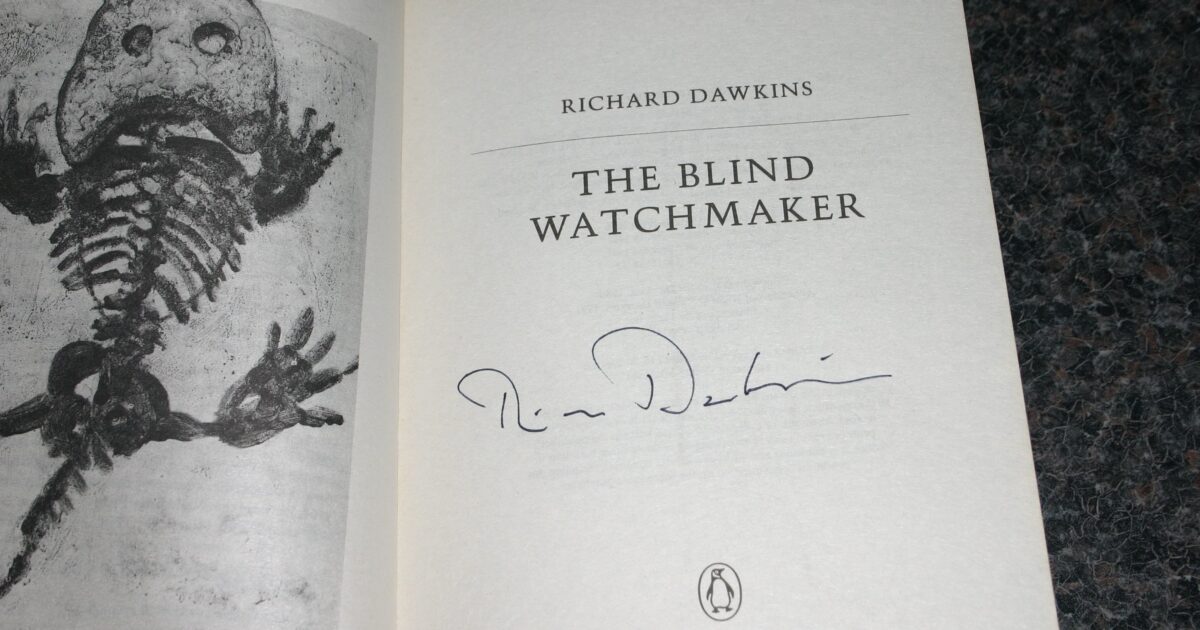
Up from Dawkins: Summer Seminars Were a Turning Point for Me

Brian Miller on the Limits of Protein Evolution
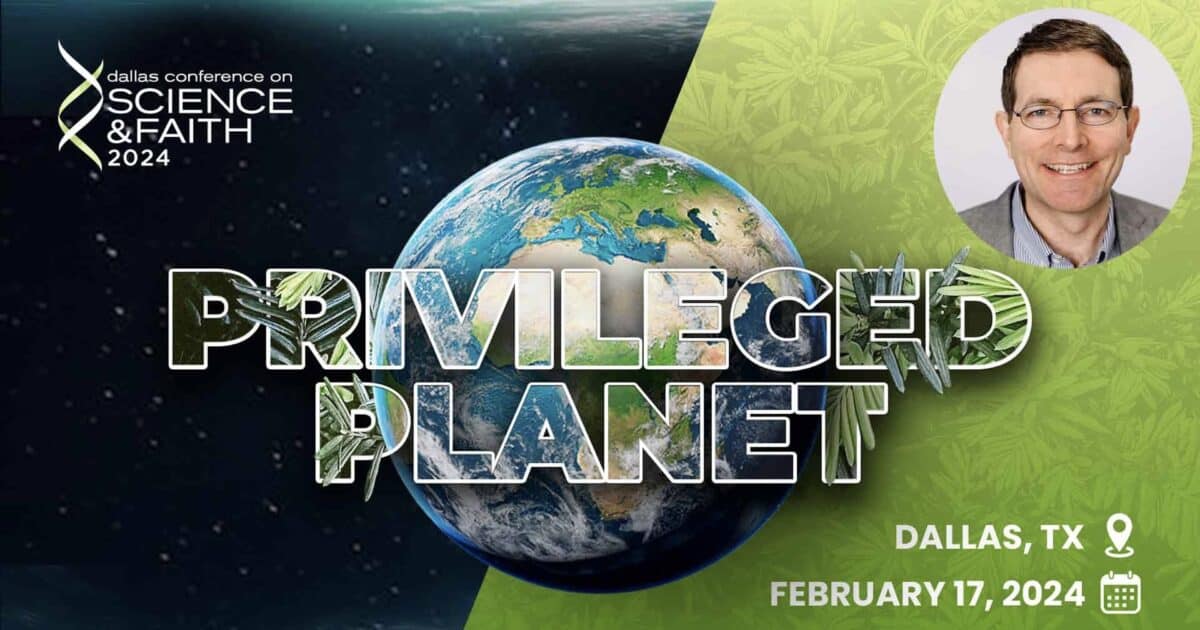
Dallas Conference: How Earth Was Designed for Technological Advancement
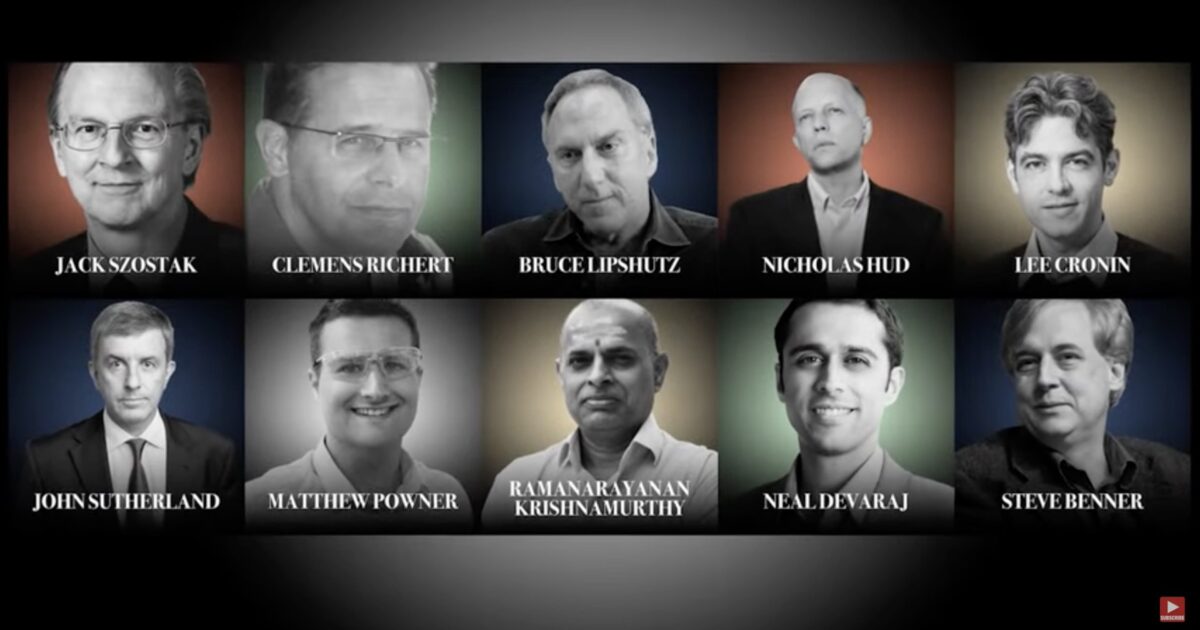
No. 4 Story of 2023: On Origin of Life, Chemist James Tour Has Called These Researchers’ Bluff
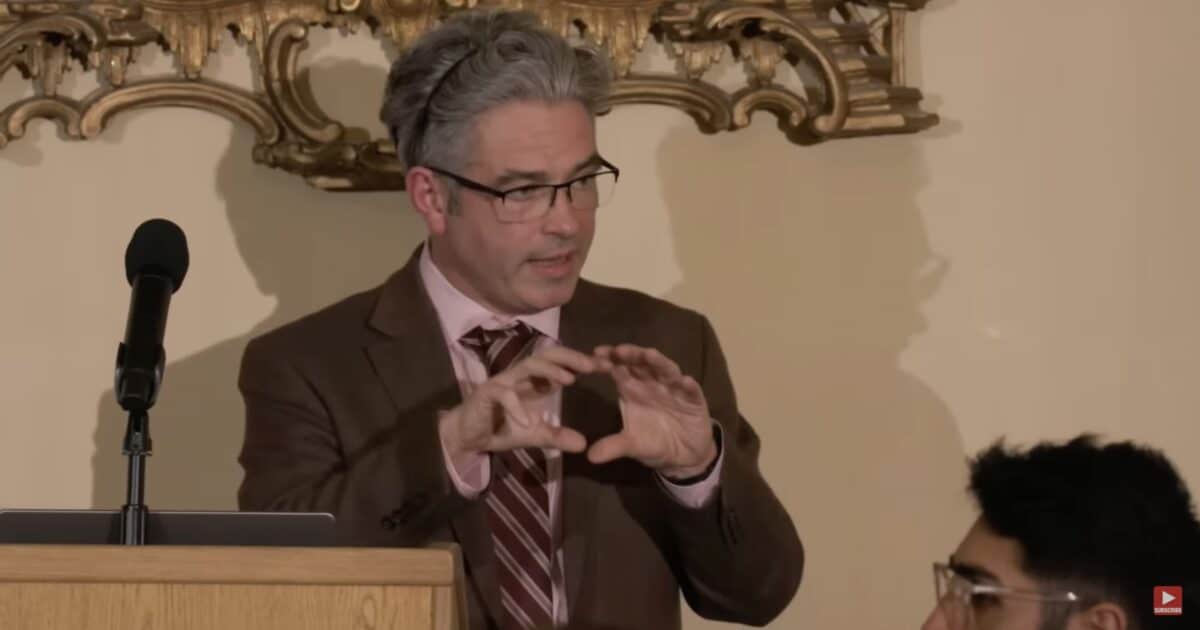
An Outstanding Year for Intelligent Design

The Optimal Design of Our Eyes

Brian Miller on the Gift of Vision

Cronin-Tour at Harvard: How Researchers Smuggle Design into Their Theories
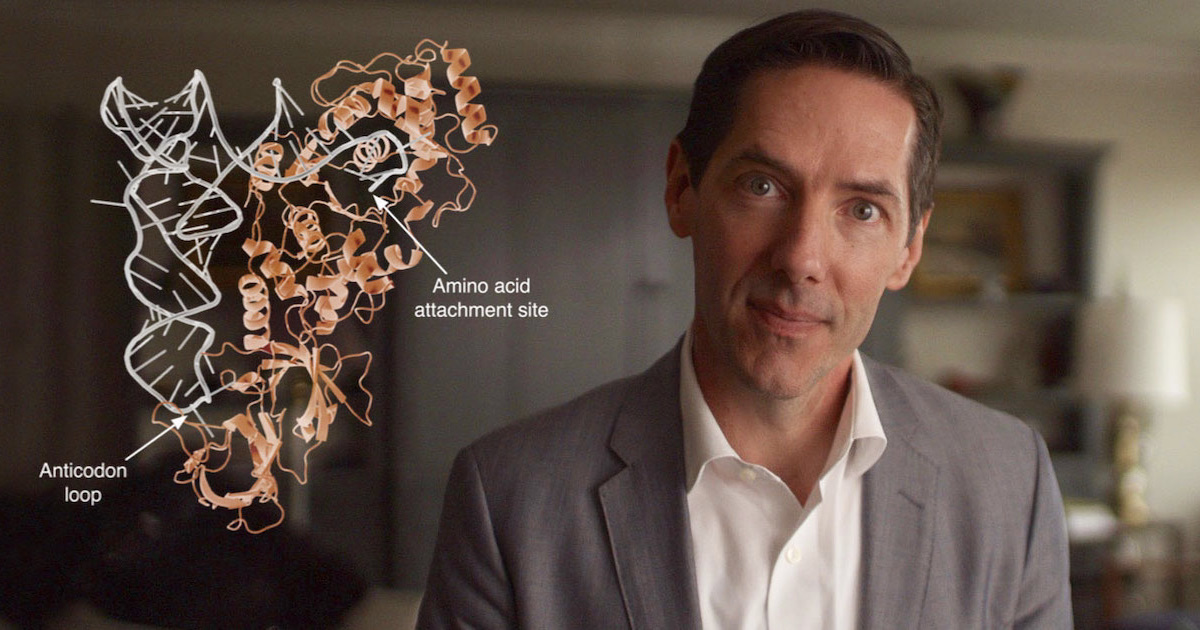
Defending Douglas Axe on the Rarity of Protein Folds

Understanding the Genius of The Design Inference

Proteins Are Rare and Isolated — And Thus, Cannot Evolve
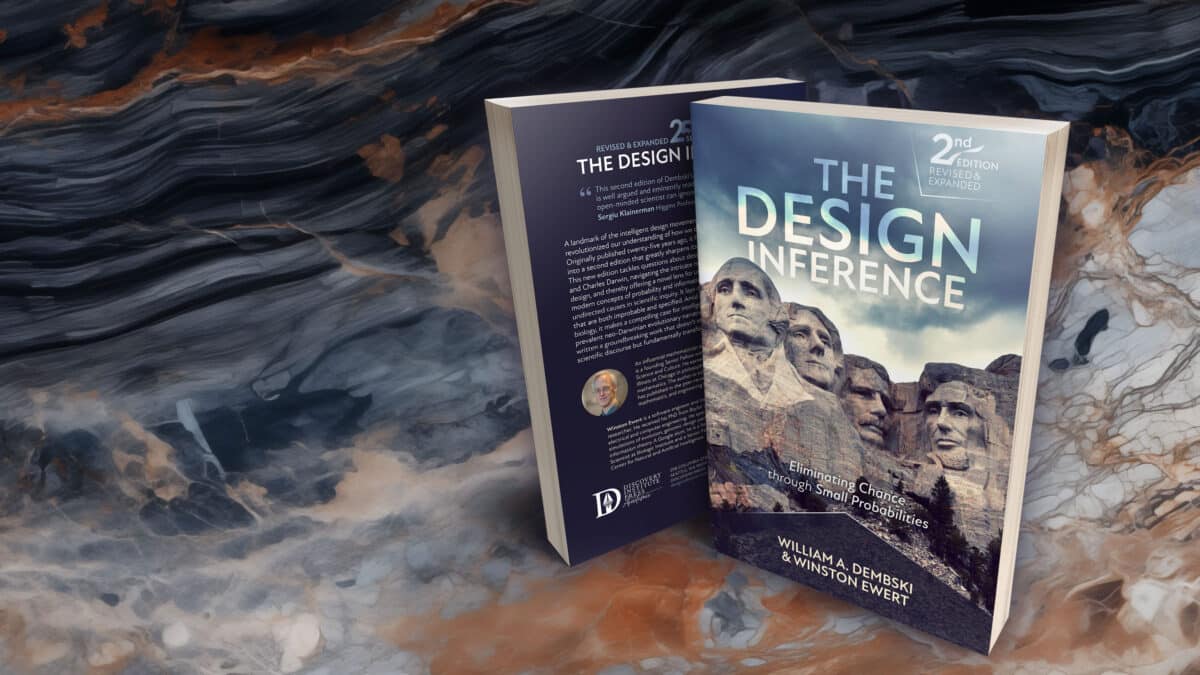
Dembski Won the Argument with His Critics; New Edition of The Design Inference Shows How
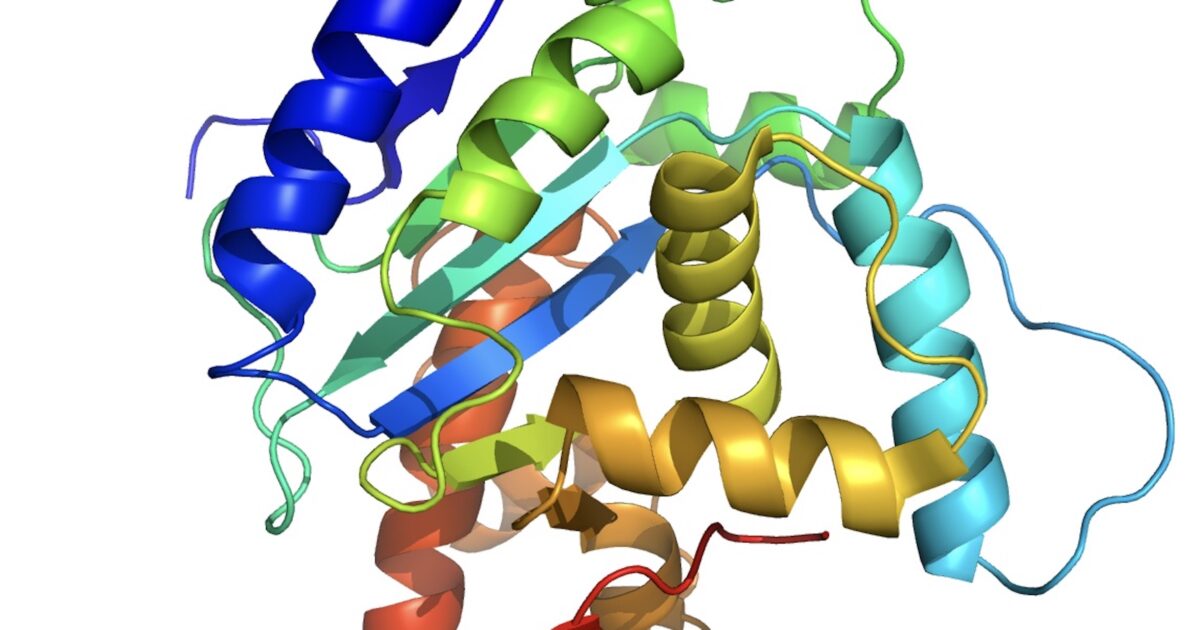
To Create Functional Proteins, Evolution Would Need a Miracle

On Origin of Life, Chemist James Tour Has Successfully Called These Researchers’ Bluff
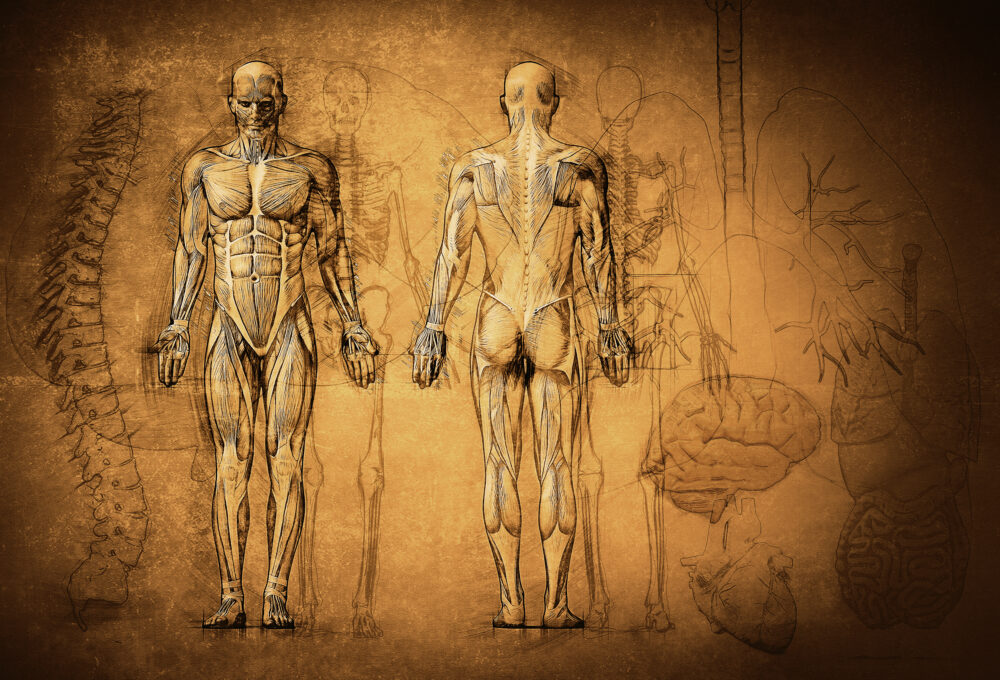
The Miracle of Man: Reflections on The Westminster Conference

The Return of Natural Theology
